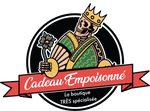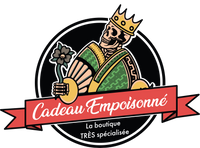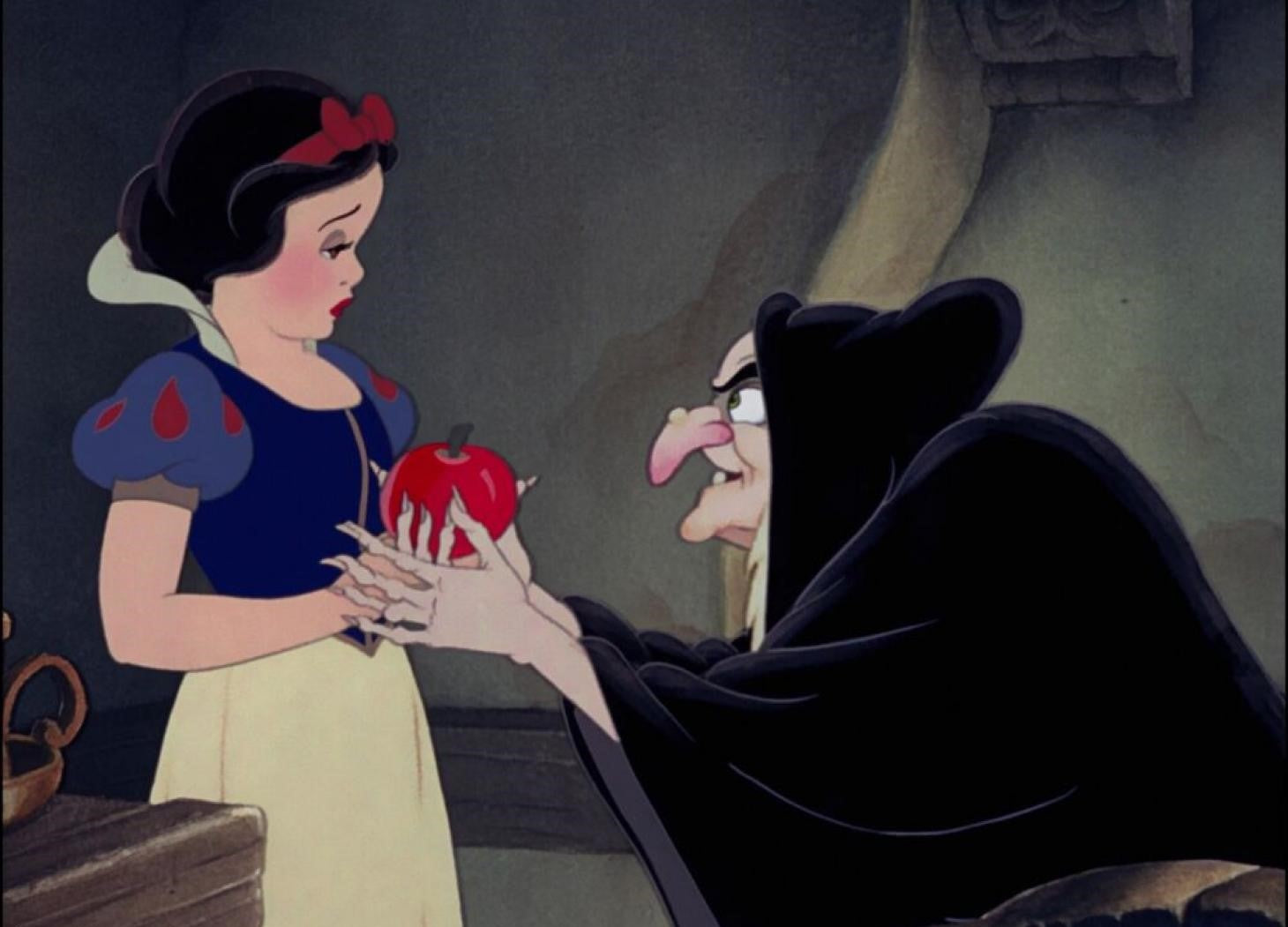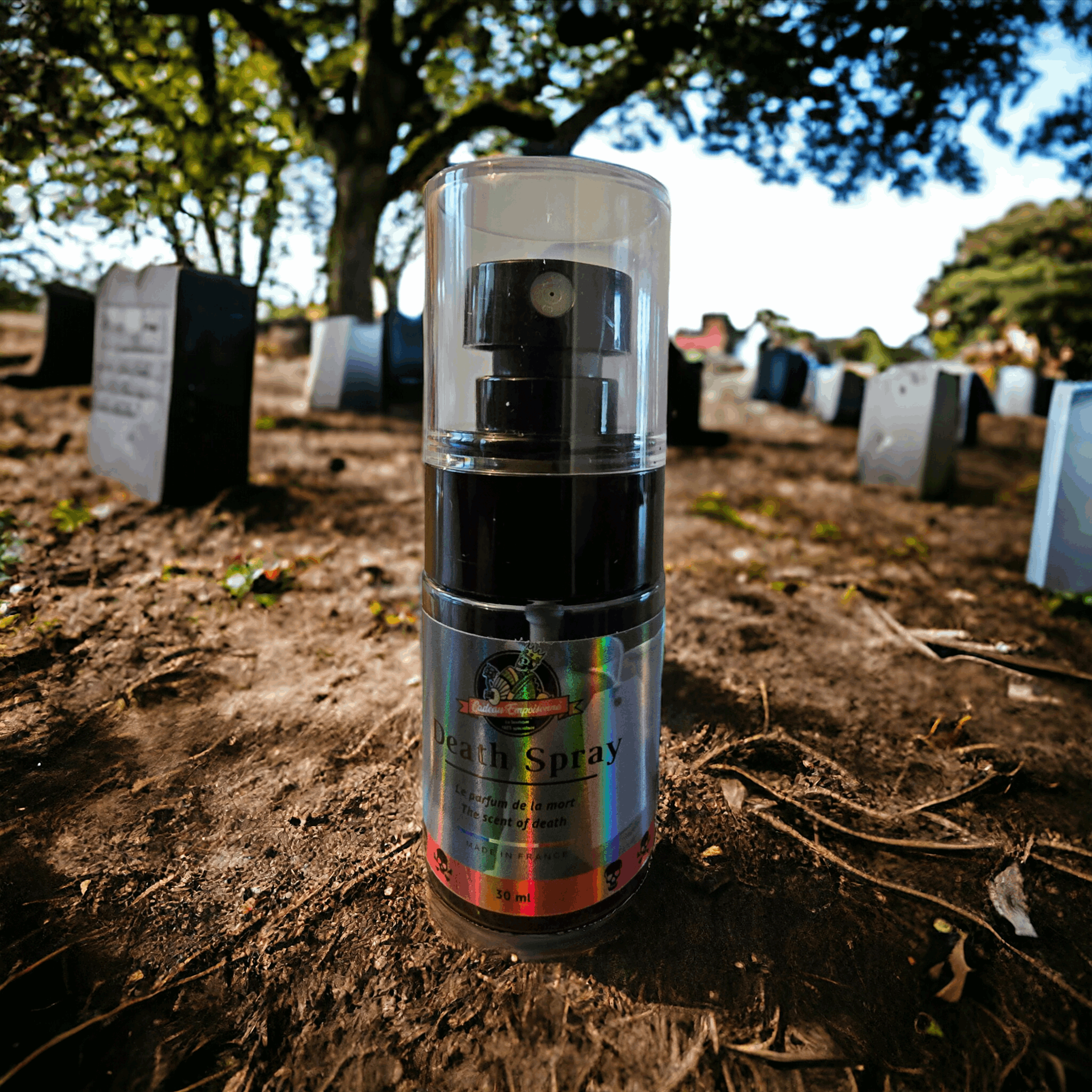Poisoned gifts are a recurring theme in popular culture, whether in films, series, books or other forms of art. They are often used as plot elements to create suspense, tension, or to highlight unintended consequences of certain actions. Here are some examples of poisoned gifts in popular culture:
The "Poisoned Chicken" in the film "The Princess Bride": In this cult film by Rob Reiner, Vizzini offers a "poisoned chicken" to his victim, but in reality, he has poisoned both cuts, making it difficult to guess. This poisoned chalice creates suspense and intrigue throughout the film.
"Pandora's Box" in Greek mythology: In this mythological story, Pandora receives a box as a gift, but is told not to open it. However, her curiosity takes over and she opens it, releasing all the evil and misfortune into the world. Pandora's Box is often used as a metaphor to represent the unintended consequences of human action.
The "Seal of Solomon" in the series "Supernatural": In this popular television series, the Winchester brothers receive a "Seal of Solomon" as a gift from a demon, but they quickly discover that it is a trap that releases evil creatures. This poisoned chalice creates suspense and challenges for the main characters.
The "Poisoned Necklace" in the short story "La Parure" by Guy de Maupassant: In this famous French short story, Mathilde Loisel receives a necklace as a gift from her husband, but she accidentally loses it during a party. To hide her negligence, she buys another necklace to replace it, but this plunges her into a series of misfortunes and debts. The poisoned necklace represents the tragic consequences of a seemingly precious gift.
The "Poisoned Kiss" in the fairy tale "Sleeping Beauty": In this famous fairy tale, Princess Aurora receives a kiss of love as a gift from the prince, but in reality, it is poisoned by an evil witch. This poisoned gift puts the princess into a deep sleep, creating the central plot point of the tale.
These examples show how poisoned gifts are used in popular culture to add tension, suspense, and highlight unintended consequences of characters' actions. They often add elements of surprise and twists, making stories more captivating and memorable for the audience.









